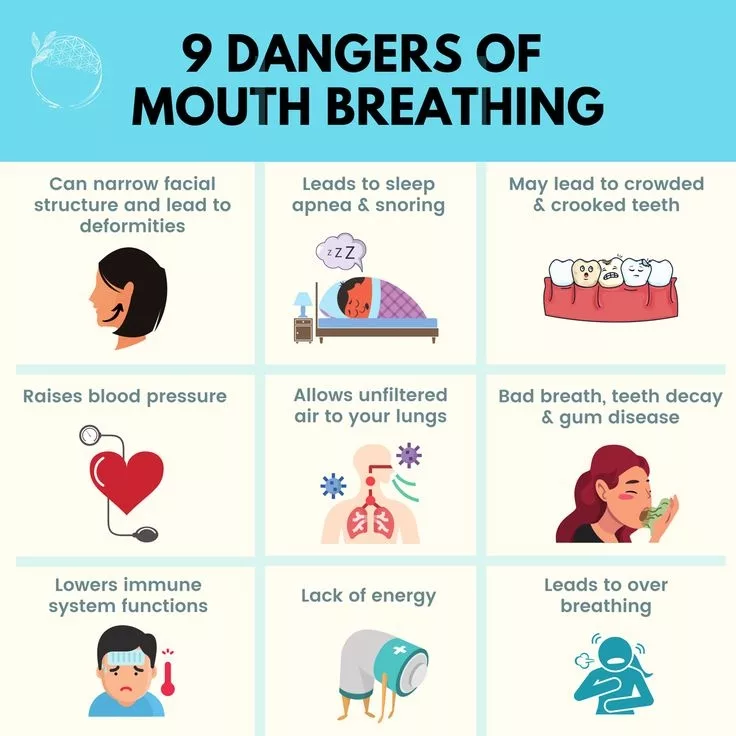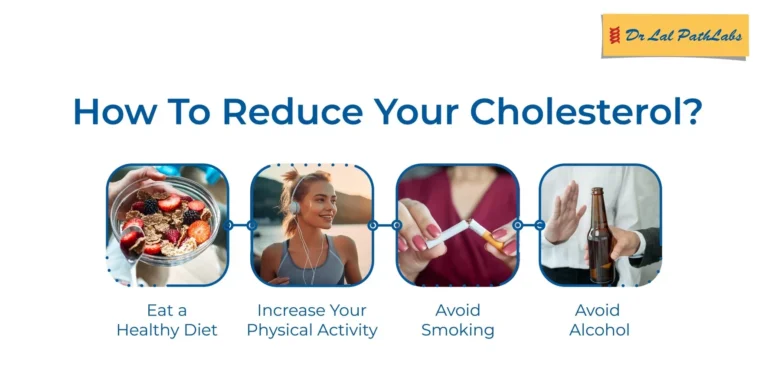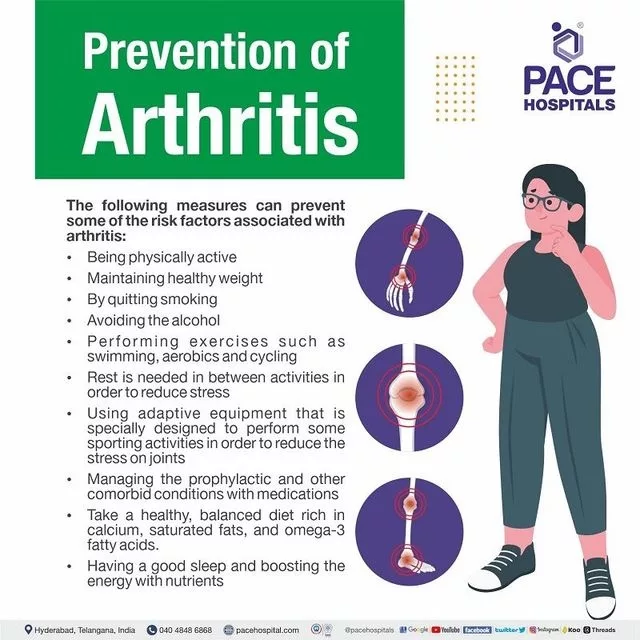The Little War Inside My Body: Understanding and Managing Inflammation
Today, I want to talk about a little war happening inside our bodies, known as inflammation. Inflammation can cause various problems in our body. Let’s learn about the causes of inflammation and how to cope with it. Let’s find a way to enjoy a healthy life together!
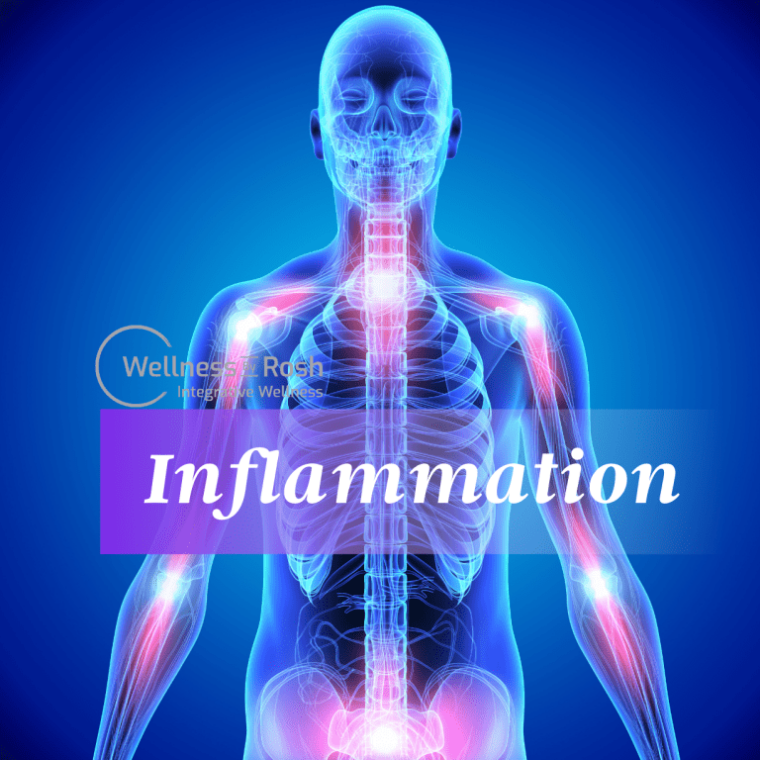
The Healthy Charm of the ‘Table of Happiness’ Mediterranean Diet
- What is Inflammation? Understanding the Basics
Inflammation is one of our body’s natural defense mechanisms. It occurs when the immune system acts against pathogens such as bacteria or viruses that have invaded from outside. Symptoms of inflammation typically include swelling, redness, pain, and a feeling of heat. However, if inflammation persists or becomes overly activated, it can be harmful to our health.
- The Principle of Inflammation in Our Body
Inflammation in our body mainly occurs due to the interaction between cells of the immune system and chemicals. The immune system triggers an inflammatory response to detect and destroy the invading pathogens. This response includes the expansion of blood vessels, increased blood flow, and the movement of white blood cells and immune cells.

- Main Factors Causing Inflammation
Inflammation can be triggered by various factors. Some of the main factors include dietary elements, stress, fatigue, irregular lifestyle patterns, and environmental pollutants. In addition, chronic diseases, excessive weight, and genetic factors can also cause inflammation.
- Understanding the Various Symptoms of Inflammation
Inflammation manifests with various symptoms, including swelling, redness, pain, a feeling of heat, and limited joint mobility. Moreover, chronic inflammation can lead to nonspecific symptoms such as fatigue, depression, and lack of sleep.

Exercise and Diet for a Healthy Body: Tips for a Perfectly Balanced Life
- Analyzing the Impact of Inflammation on Organs
If inflammation persists or becomes overly activated, it can negatively affect the organs. Chronic inflammation can be associated with cardiovascular diseases, diabetes, arthritis, etc. Furthermore, excessive activation of the immune system can increase the risk of autoimmune diseases.
- Self-diagnosis: Understanding the State of Inflammation in My Body
Self-diagnosis is a simple way to understand the state of inflammation in your body. Some methods of self-diagnosis include blood tests, consultations with professionals, and observing physical symptoms. However, a consultation with a healthcare professional is necessary for an accurate diagnosis.
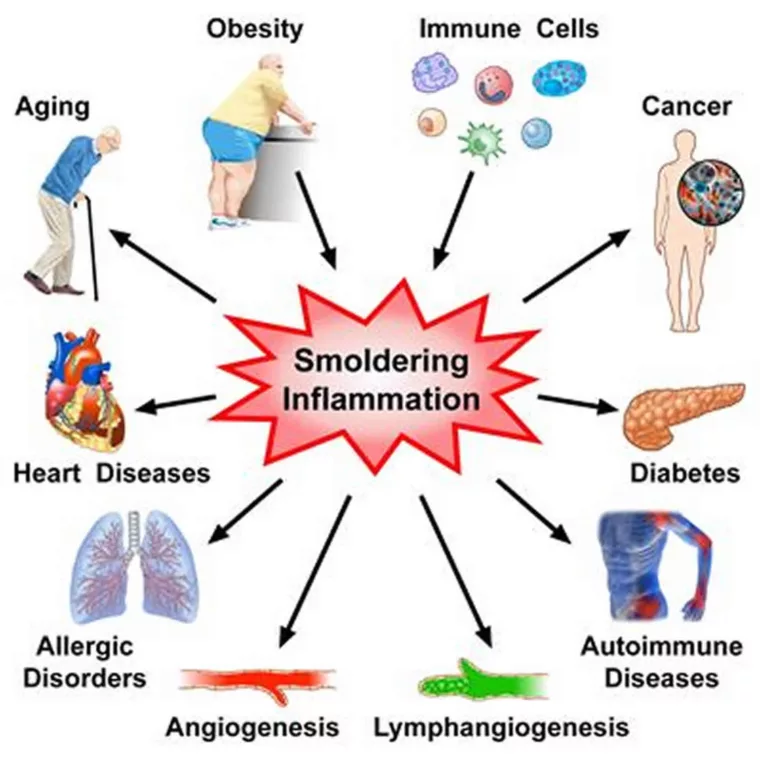
- Dietary Adjustments for Coping with Inflammation
Diet plays a very important role in managing inflammation. To reduce inflammation, it is advisable to consume anti-inflammatory foods and avoid excessive saturated fats and sugars. It is also important to consume enough dietary fiber and supply healthy fats and proteins.
- Exercise Methods to Reduce Inflammation in Daily Life
Various exercises can be practiced in daily life to reduce inflammation. Aerobic and resistance exercises are effective in reducing inflammation. Additionally, mental relaxation and relaxation exercises such as meditation, yoga, and tai chi can also help manage inflammation.
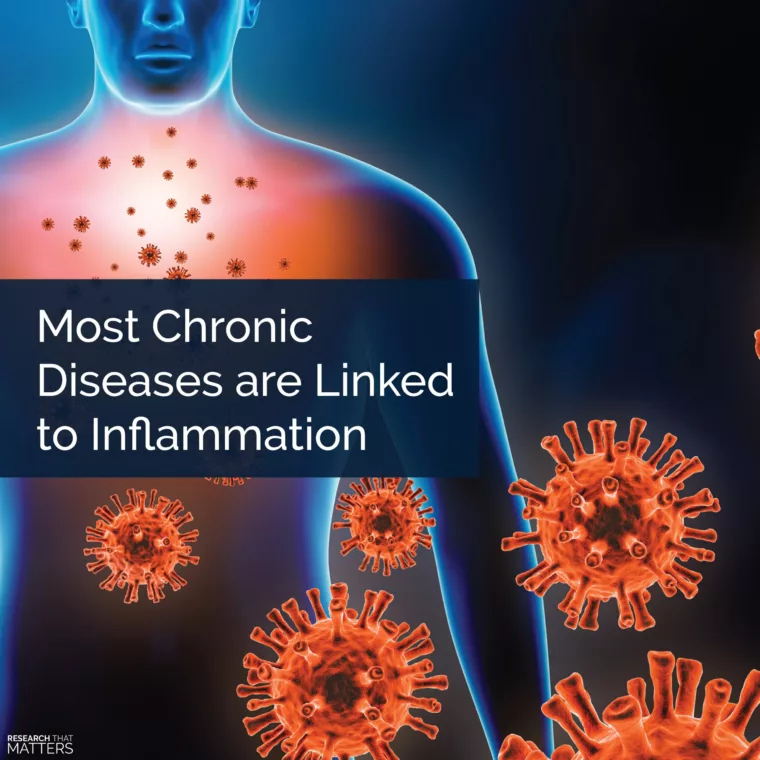
Omega-3: Understanding the Essential Nutrient for Your Health
- Natural Remedies and Supplements for Managing Inflammation
Natural remedies and supplements can help manage inflammation. For example, the effectiveness of curcumin, omega-3, and turmeric can help reduce inflammation. Also, phyto-block, turmeric powder, and curcumin supplements can be used as natural remedies.
- Long-term Perspective on Inflammation Management and Prevention Strategies
Inflammation management and prevention should be practiced from a long-term perspective. It is important to maintain healthy lifestyle habits, regular exercise, and diet. Stress management and sufficient rest can also help prevent inflammation.
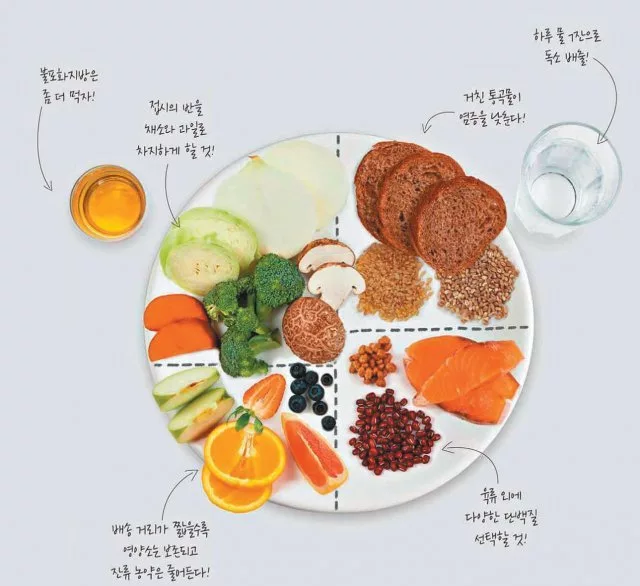
11. Ways to adjust your diet to prevent inflammation include:
Consume Anti-inflammatory Foods: Certain foods naturally help reduce inflammation. These include foods rich in omega-3 fatty acids like salmon and tuna, which are fatty fish, as well as olive oil, nuts, avocados, whole grains, vegetables (especially green leafy vegetables), berries, and fruits.
Reduce Intake of Processed Foods and Sugar: Processed foods, sugar, and foods containing high-fructose corn syrup can increase inflammation. Try to reduce the intake of these foods as much as possible.
Avoid Saturated and Trans Fats: Foods high in saturated and trans fats (e.g., fast food, butter, margarine, processed meats) can provoke inflammation, so limit their intake.
Increase Dietary Fiber Intake: Dietary fiber helps maintain a healthy digestive system and reduce inflammation. Ensure you get enough dietary fiber through vegetables, fruits, whole grains, and legumes.
Eat Healthy Fats: Healthy fats, such as omega-3 fatty acids, can help reduce inflammation. Consume foods rich in healthy fats like fish, nuts, seeds, and olive oil.
Moderate Alcohol Intake and Quit Smoking: Excessive alcohol intake and smoking can increase inflammation. Drink alcohol in moderation and quit smoking if possible.
Consume Antioxidant-rich Foods: Eat foods rich in antioxidants such as vitamin C, vitamin E, selenium, and flavonoids to reduce inflammation. Berries, nuts, vegetables, fruits, and green tea are good choices.
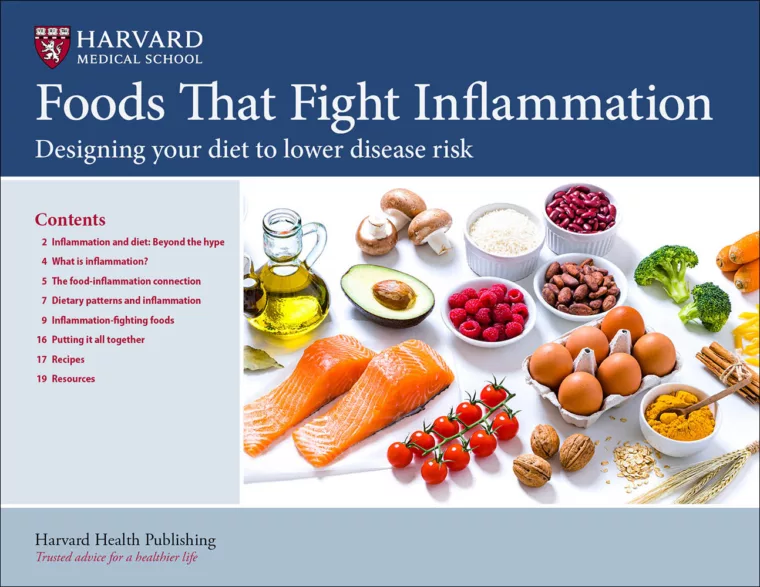
Fruit Diet: Embracing Health and Variety in Fresh Choices
By adjusting your diet in these ways, you can prevent inflammation and improve overall health. A healthy diet requires continuous effort, so it’s important to practice these principles in daily life.
In this way, inflammation plays a role similar to a small war in our bodies. Knowing how to understand and cope with inflammation allows us to manage our health more effectively. Understanding and managing inflammation is an essential element in our daily lives, so it’s a good idea to start practicing now. 🌱✨
The Power of Dance: Exploring the Health and Wellness Benefits



